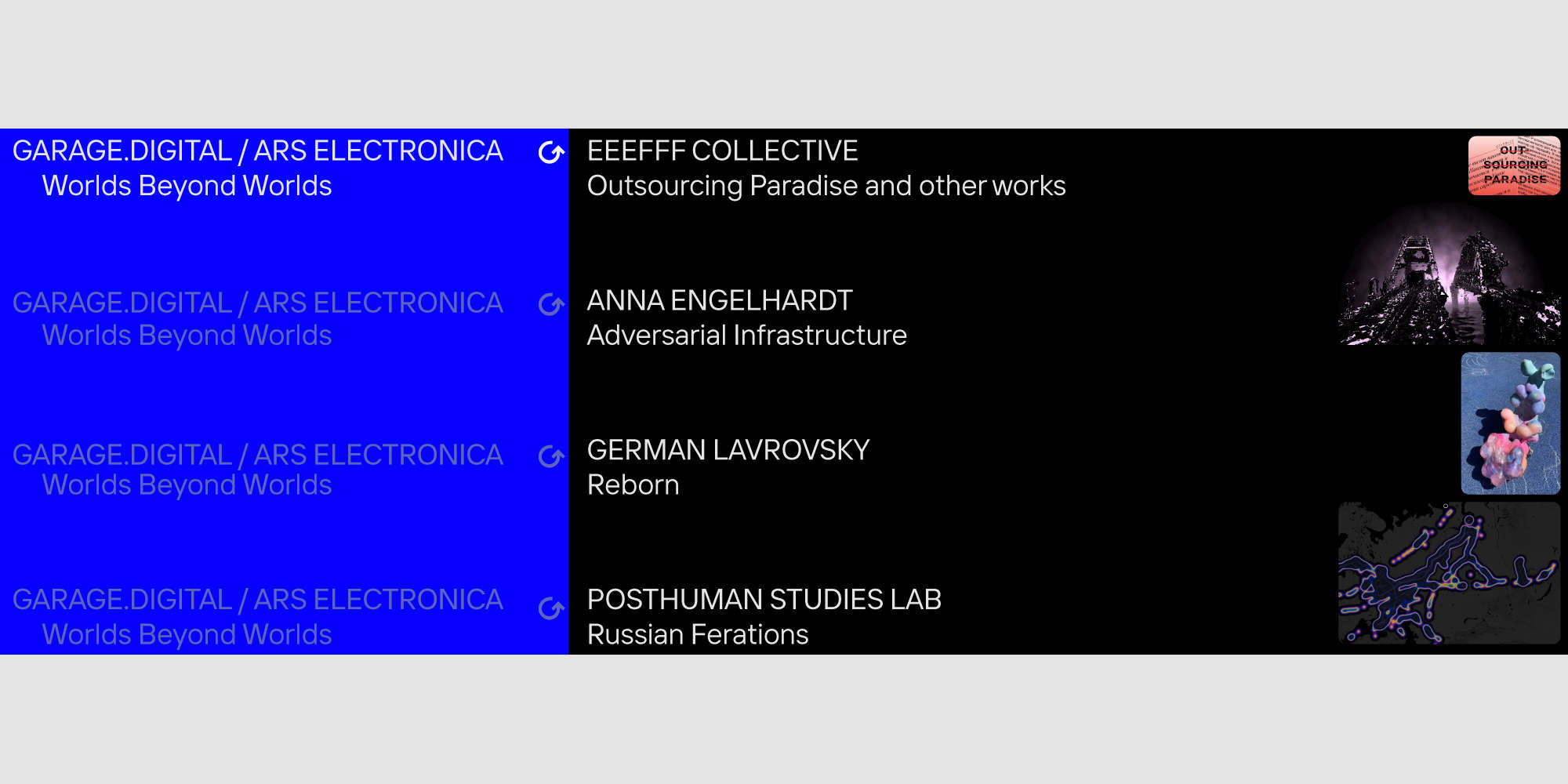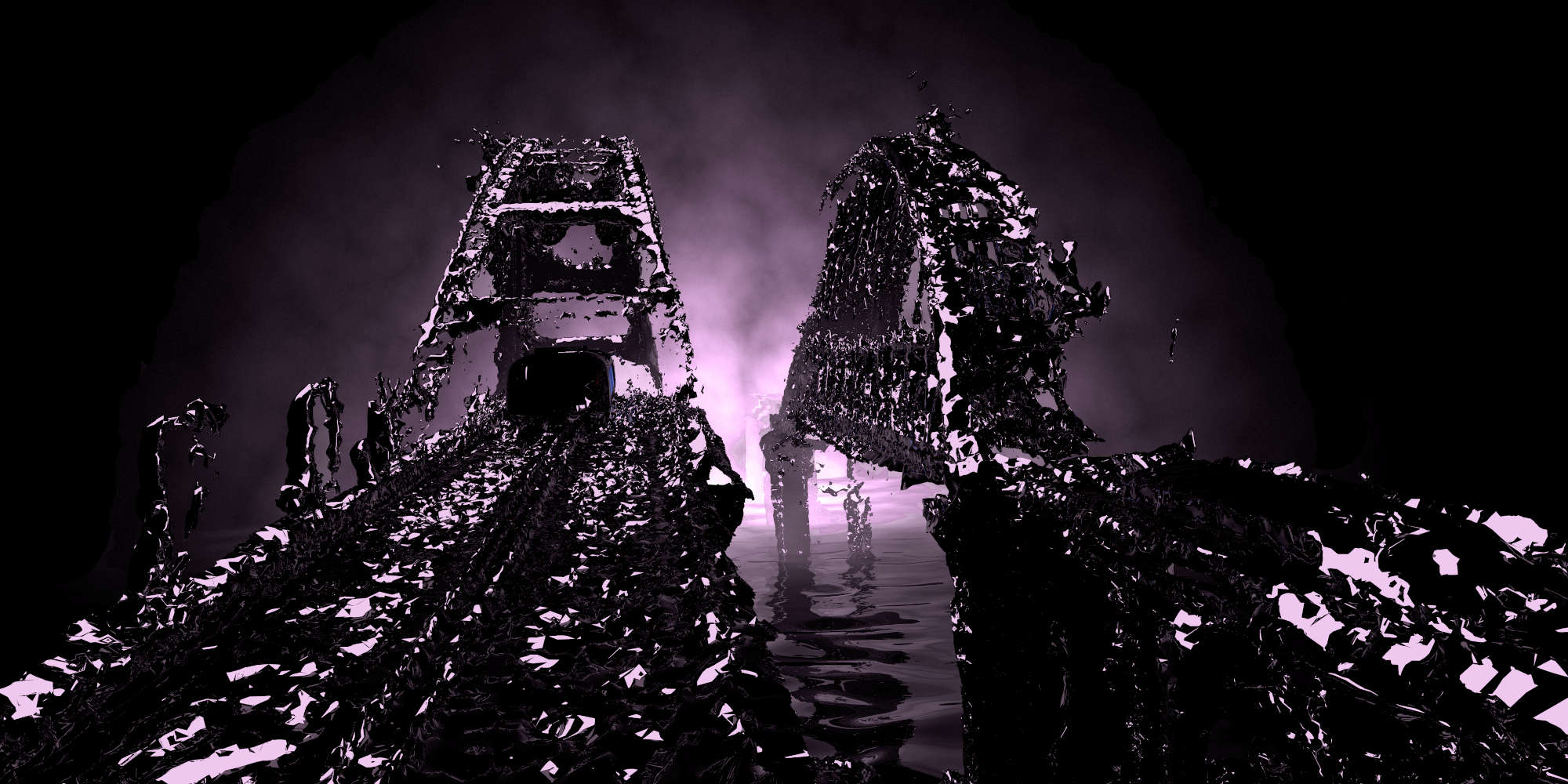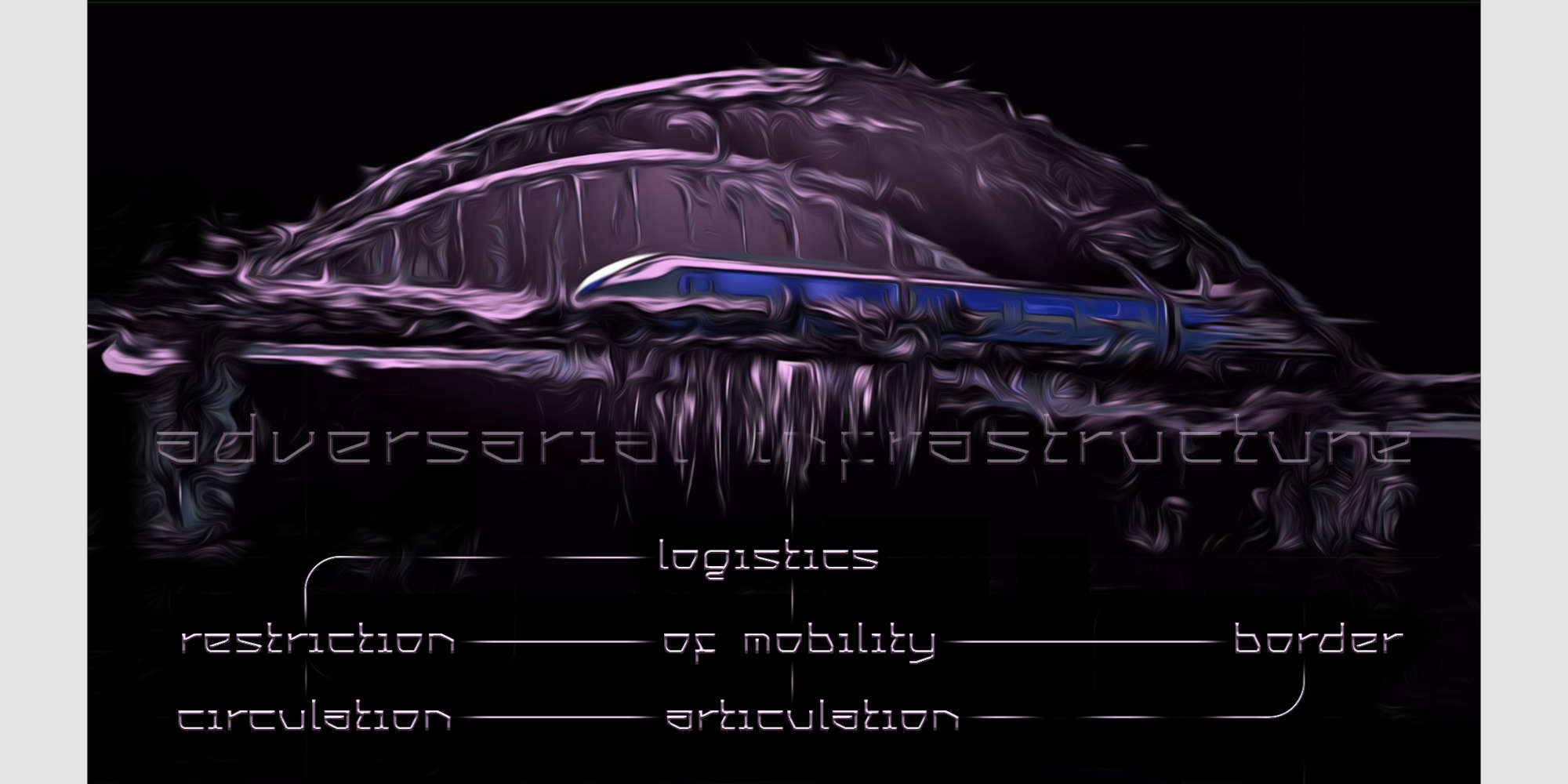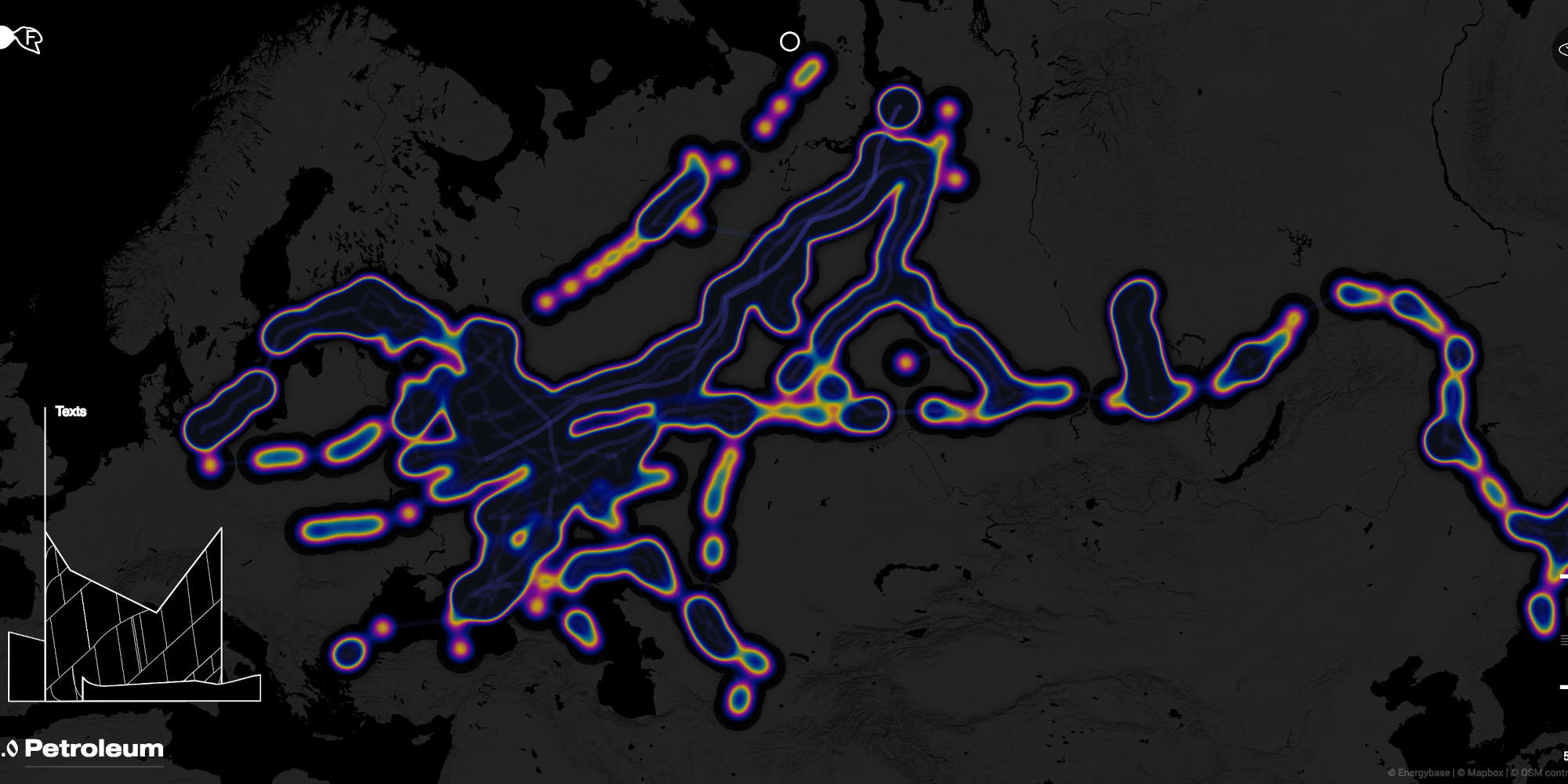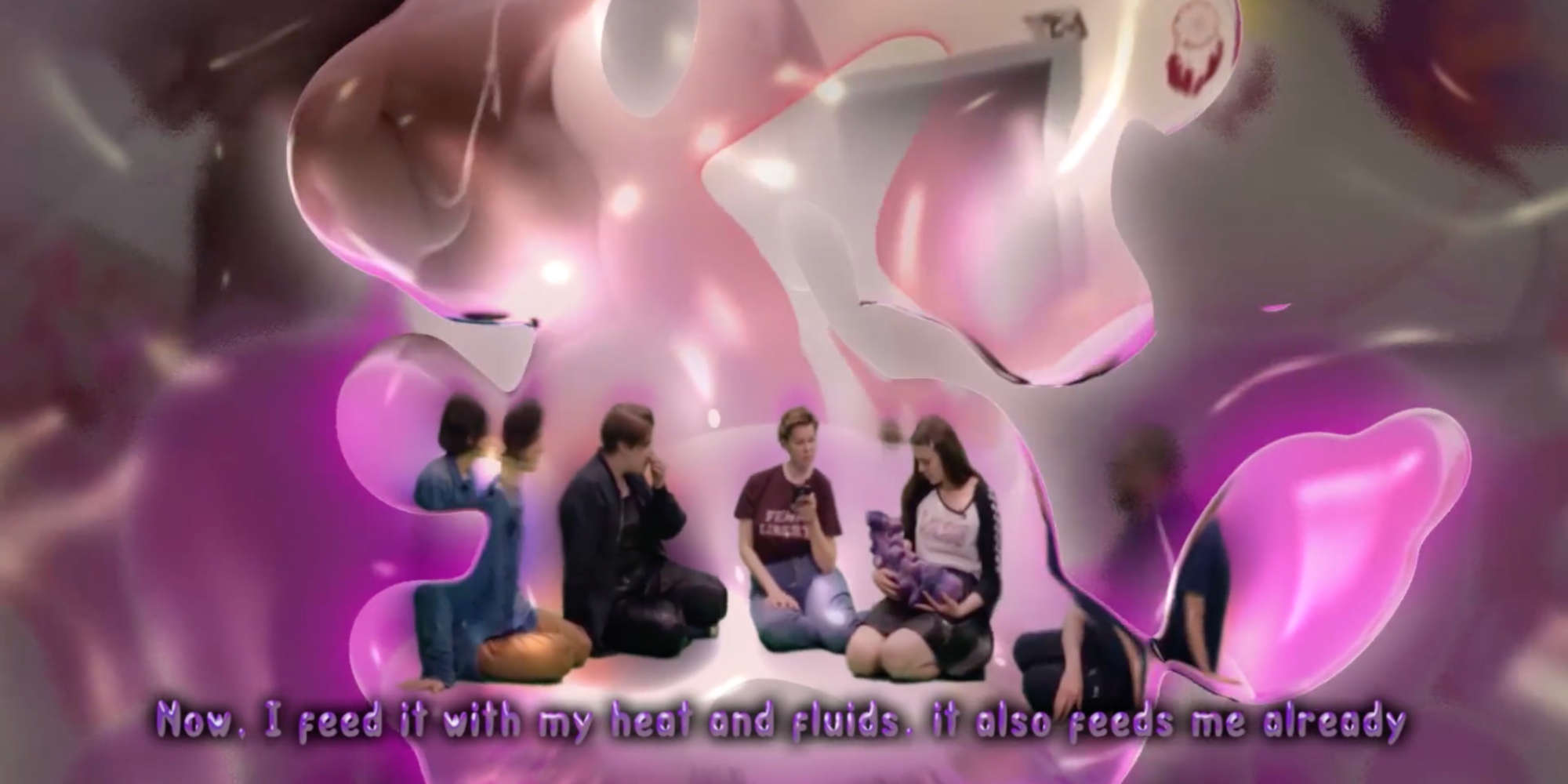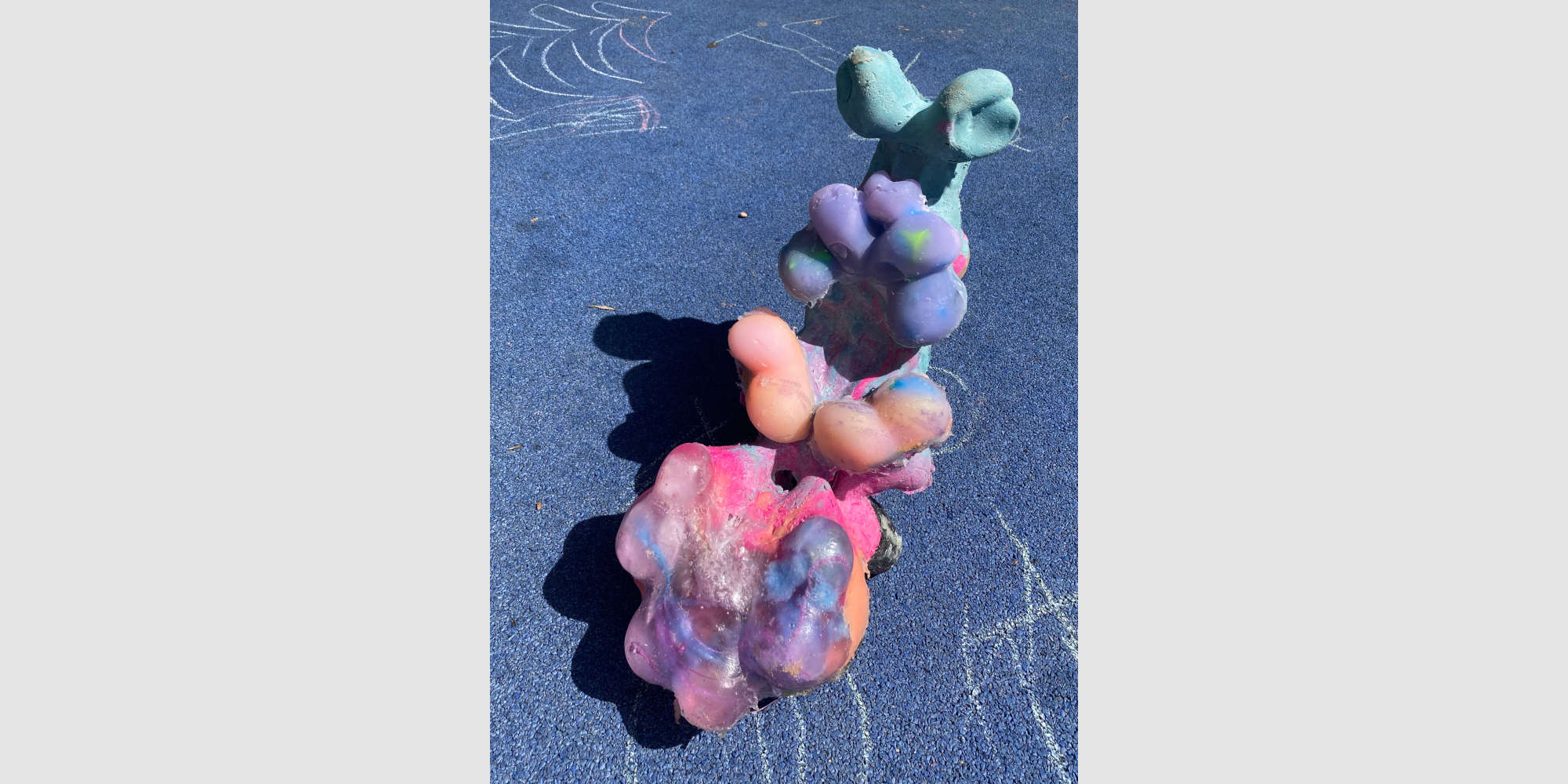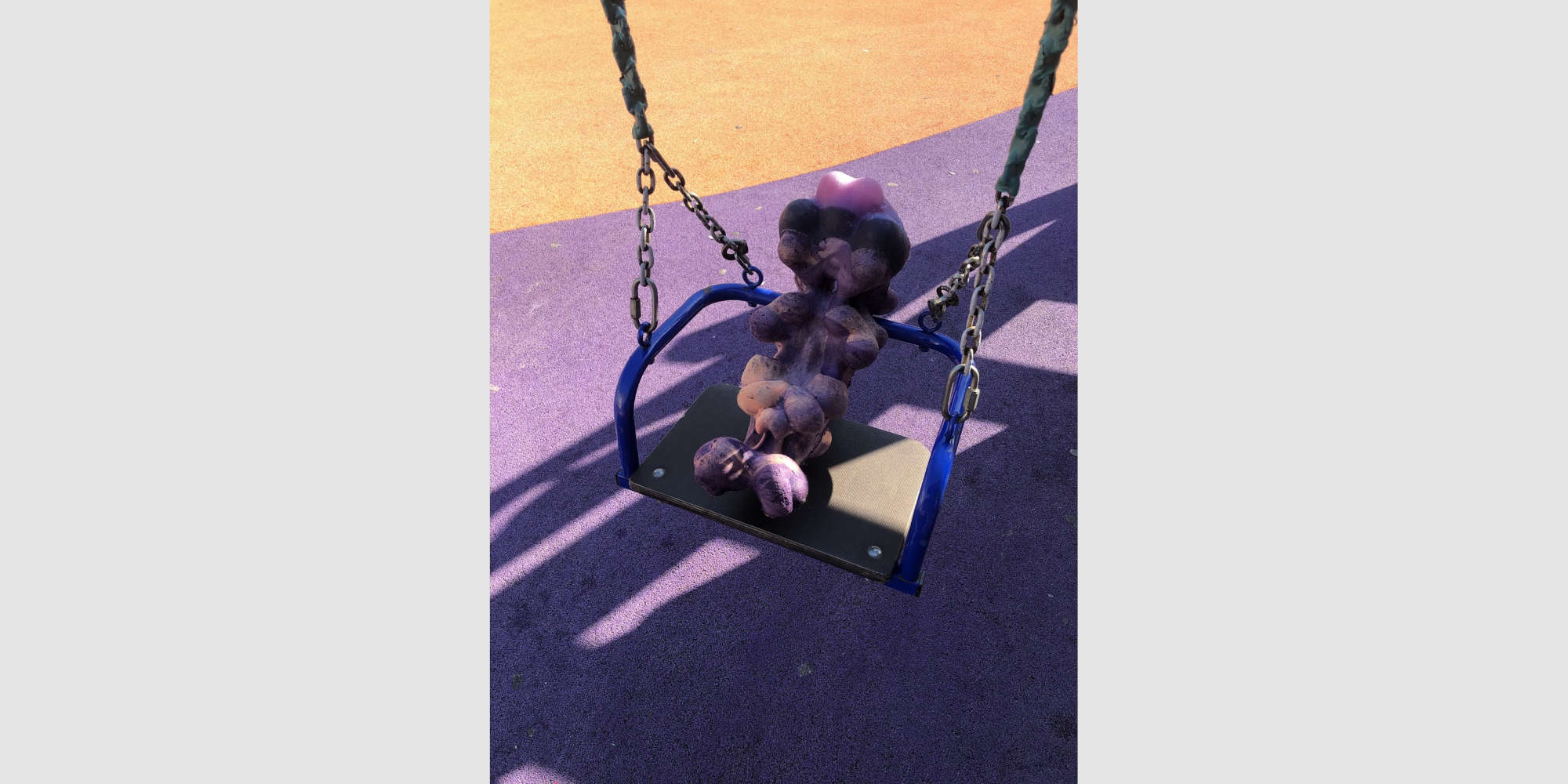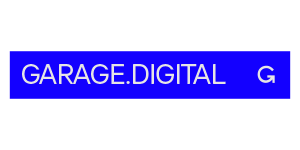Works and practices of several artists and collectives, that participate in Garage Digital program, reflect on the different types of networks, infrastructures, ecologies and algorithms, and pose questions of the possible tactics and strategies to reassemble these systems with new types of communities, modes of rationality and production in mind —cunning, poetic, speculative and emergent.
Garage Digital: Worlds beyond Worlds
With recent months called “strange” or “daring” times numerously, the strangeness of the already-present, mundane but invisible systems was actually called out, felt collectively and on a planetary scale. Biases and politics, covered by routines, have been turned visible in the crisis, itself pictured in the images of big data, hyperobjects, complex systems and translucent algorithms, at one moment baring a tragic, violent, contingent and intense materiality. Induced and fueled by technology and media, this process could be viewed as a point to reconsider the modes of communality, needed to imagine new worlds and the technics of their productive, ethical and inclusive coexistence. In his article on “Cosmotechnics as Cosmopolitics”, philosopher Yuk Hui mentioned a view on technology as offering “worlds beyond worlds” (as telescope and microscope rendering the idea of nature non-anthropomorphic) — what kinds of worlds are being produced by today’s digital technology, and could they be engineered in new ways?
Works and practices of several artists and collectives, that participate in Garage Digital program, reflect on the different types of networks, infrastructures, ecologies and algorithms, and pose questions of the possible tactics and strategies to reassemble these systems with new types of communities, modes of rationality and production in mind—cunning, poetic, speculative and emergent.
Project Credits / Acknowledgements
Garage Digital
Garage Museum of Contemporary Art
GARAGE DIGITAL WORKGROUP:
KATYA INOZEMSTEVA Senior Сurator, Garage Museum of Contemporary Art
NIKITA NECHAEV Garage Digital research curator
EKATERINA VALETOVA Garage Digital project manager
ANASTASIA CHEBOTAREVA Garage Digital research and project manager
Adversarial Infrastructure
Website
Anna Engelhardt (RU)
Adversarial Infrastructure is an artistic research project, investigating the modes of truth production in politics through the principles of adversarial machine learning, and reconsidering deepfake technology as ethical strategy in particular contexts.
Outsourcing Paradise
Website and documentations
eeefff
The practice of eeefff group is centered around investigating the affects, that are produced by contemporary technological environments, and collective strategies of their exploration and moderation. They create public actions and situations, online interventions, performative seminars, software and hardware hacks. For Garage Digital, they are preparing the development of their project Outsourcing Paradise, which is focused on parasitic interfaces that reveal themselves in the gaps between the user’s activity and create glitches or add-ons to existing online ecologies.
Russian Ferations
Website
Posthuman Studies Lab
Posthuman Studies Lab brings together researchers and theorists from various fields, media artists, and designers, who study the interrelationships between nature and culture (with a special focus on technology) and explore abandoned factories and power plants across the post-Soviet space that have been taken over by plants and animals. PhSL believes that the worlds that develop in these abandoned spaces are as eventful and interesting as the world inhabited by humans. Instead of what they see as useless attempts to fight these sporadic derivatives of the nature-technology synthesis, PhSL suggests we focus on inventing new ways of surviving in such environments.
Reborn
Website & video
German Lavrovsky (RU)
German Lavrovsky’s project builds and documents, using a variety of media, a relationship with a reborn doll: a 3D-printed posthuman baby. Interacting with the doll, the artist explores questions of postgender reproduction, queer and feminist theories, bioengineering, and alternative configurations of family; and creates speculative practices of emancipatory coming into being. Around this practice, a community of artists, theorists and research is being formed.
Biographies
Anna Engelhardt (b. 1994, Kostroma) is a digital artist. She has a master’s degree in Research Architecture from Goldsmiths, University of London (2019). Recent projects include the video essay Ornament, the project Adversarial Infrastructure, and the platform Intermodal Terminal. She is the participant of Garage Digital New Research Practices grant program. She lives and works in London.
eeefff group was founded in 2013 by writer and artist Dzina Zhuk and artist and computer scientist Niсolay Spesivtsev. Group exhibitions include: Which with its Waves, Electro Zavod, Moscow (2019); Digital Landscapes, Havremagasinet, Boden, Sweden (2018–2019); Ambient Revolts, ZK/U Berlin (2018); GLOBALE: New Sensorium, ZKM Center for Art and Media, Karlsruhe (2016); and Politics of Fragility, Na Shabolovke Gallery, Moscow (2016). They are participants of Garage Digital New Research Practices grant program. They are based between Minsk and Moscow.
Posthuman Studies Lab
Ippolit Markelov — a bio artist whose work is focused on interspecies communication, founder of 18 apples science art group. He studied at Lomonosov Moscow State University and is a Doctoral Candidate in Biology. He combines artistic research with neurobiological and bioengineering tools.
Katya Nikitina — an independent researcher in posthuman studies. She holds a PhD in Literature from the University of Silesia, Katowice (Poland).
Nikita Sazonov — a philosopher and independent researcher, whose writings and art collaborations are focused on speculative philosophy, inhumanism and inhuman politics.
German Lavrovsky (b. 1995, Moscow) is an artist whose interests include queerness, care, reproduction, and the prototyping of the future. Starting out in fashion and codes of self-design and moving into postdigital plastic arts, Lavrovsky is interested in contemporary visual economies of gender and historical experiments with postnuclear family relationships. All of his work can be seen on public platforms and is open code and free of copyright. He lives and works in Moscow.
Garage Digital
Bringing together artists, scientists, programmers, and art historians, Garage Digital aims to explore and support the new languages of visual culture that are produced under the influence of emerging technologies and new media on everyday life and on artistic and research practices.
Nikita Nechaev is a research curator for Garage Digital, a program for supporting artists and researchers working with emerging technology and media, at Garage Museum of Contemporary Art.
This program is part of 2020 – finally digital?!
The year 2020 began with a Big Bang, one that demanded the art industry pivot away from its established codes of conduct, immediately, as a matter of sheer survival. From the exchange of courtesies, to remote work structures, and to the reorganization of public and private spaces – old customs required immediate redesign in response to the crisis. As a result, the online space gained even more significance as the only platform for business and commercial transactions, affecting even the art industry and its age-old reliance on in-person interaction. However, across the art industry’s network of galleries, artists, institutions, auction houses, and biennials, the speed of adaptation, the ability to process the ongoing iterations and to find a customized response has varied dramatically.
2020 – finally digital?! is composed of three sections: a conference, invited curatorial projects, and digital gallery showcases. The conference will feature notable members of the art industry and their assessments of the art world’s digitization progress over the past year. The second section invites curators to report back from their communities on emerging positions that are acute right now. The third section amplifies galleries, which are the backbone of the art industry.
Christina Steinbrecher-Pfandt
Blockchain.art
Co-Founder & CEO
